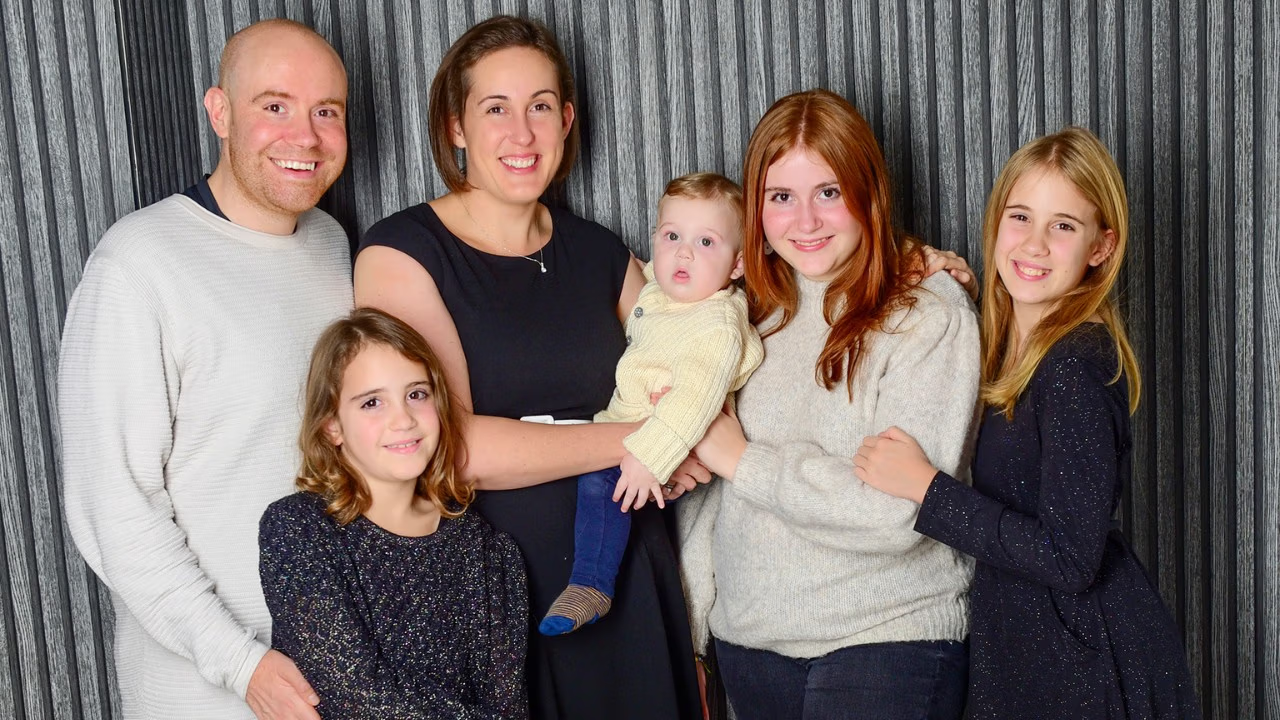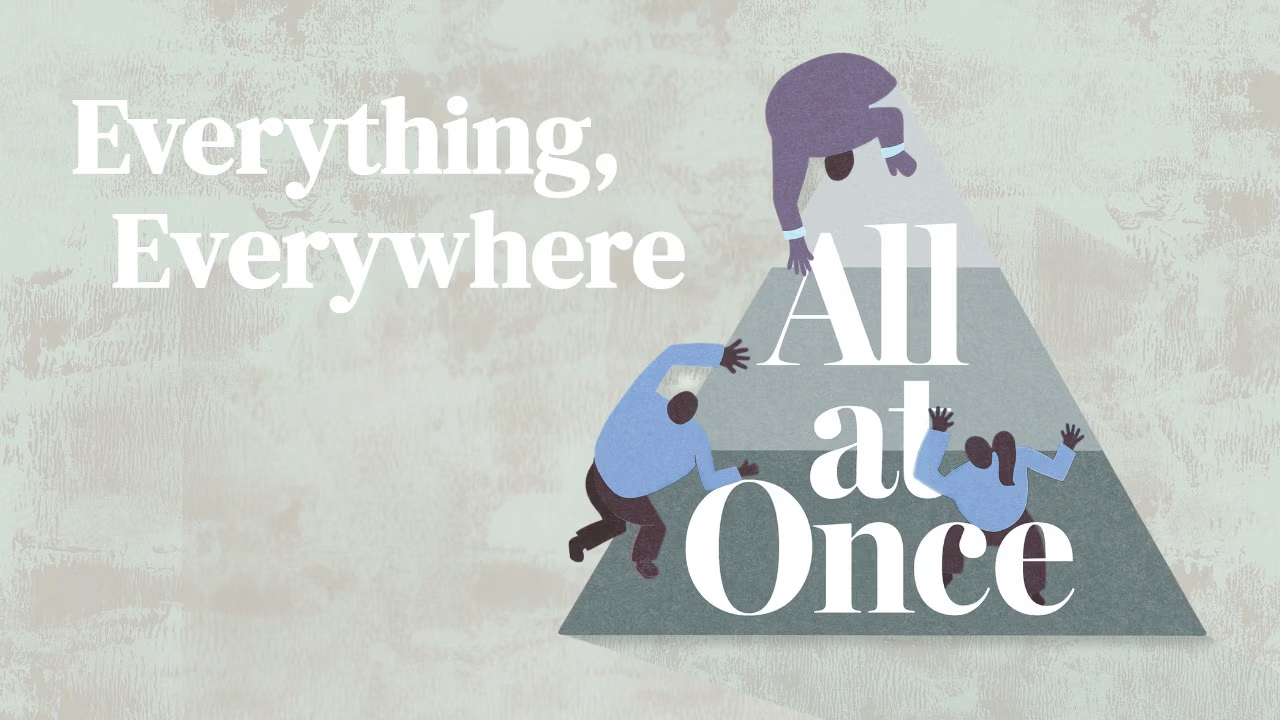By Stan Friedman
CHICAGO, IL (November 26, 2013) — A ruling issued by a U.S. District Court last Friday that declared a minister’s housing allowance to be unconstitutional could have wide-ranging effects, including whether a congregation can afford a minister, if the ruling is allowed to stand.
Under the exemption, ministers do not have to pay federal taxes on housing allowances that are set by an employing church. The exemption can be applied to house expenses and cannot exceed the fair rental value of the property. The exemption applies to ministers, priests, rabbis, imams, and others clergy.
Western District Court of Wisconsin judge Barbara Crabb ruled the exemption unconstitutional because it “provides a benefit to religious persons and no one else, even though doing so is not necessary to alleviate a special burden on religious exercise.” (To read the full ruling, click here.)
Crabb also wrote, “The significance of the benefit simply underscores the problem with the law, which is that it violates the well-established principle under the First Amendment that ‘[a]bsent the most unusual circumstances, one’s religion ought not affect one’s legal rights or duties or benefits.’ ”
Although the ruling came in a suit filed by the Freedom From Religion Foundation, Crabb said her ruling is not anti-religion. “Some might view a rule against preferential treatment as exhibiting hostility toward religion, but equality should never be mistaken for hostility.”
Crabb ordered the IRS and Department of the Treasury to not enforce her decision to give time for appeals, but she wrote that the ruling “shall take effect at the conclusion of any appeals . . . or the expiration of the deadline for filing an appeal, whichever is later.”
The case most likely will be appealed to the Seventh Circuit Court of Appeals in Chicago. It may eventually wind its way to the U.S. Supreme Court.
If the Seventh Circuit, which previously overturned a ruling by Crabb that declared the National Day of Prayer unconstitutional, upholds her current decision, the ruling would apply only to clergy in Wisconsin, Indiana, and Illinois. Any Supreme Court decision would apply throughout the country.
Since 1921, clergy have not paid federal income tax for congregation-owned housing. In 1954, Congress extended the provision to clergy who owned their own homes.
The Wisconsin-based FFRF sued Treasury Secretary Jacob Lew and acting IRS commissioner Daniel Werfel in the group’s challenge of section 107(2) of the federal tax code, which provides for the exemption. The group ultimately decided not to challenge section 107(1), which exempts ministers from paying federal taxes on the rental value of a parsonage provided by a church as compensation. That exemption remains in effect.
Experts say that the ruling ultimately could hurt small churches the most because providing the exemption is the only way they can afford to hire a pastor. Other churches might have to reduce staff. They noted that most churches have fewer than 100 attenders.
Elliott Johnson, controller for the Evangelical Covenant Church, said congregations and ministers should continue to designate housing allowances but also consider the financial impact if the Supreme Court upholds the ruling and Congress does not come up with a legislative relief.
Johnson said taking away the exemption could significantly reduce income for active ministers and pensioners. He added that many pastors have made major financial decisions such as purchasing a home based on the housing allowance.
Tax law related to ministers can be confusing and some tax law negatively affects clergy. For example, even if ministers are employees of a church or other religious institution, they are considered self-employed for Social Security. Therefore, ministers pay the entire 15.3 percent self-employment tax on gross earnings. Most employers split the Social Security and Medicare tax rate so that each pays 7.65 percent.













